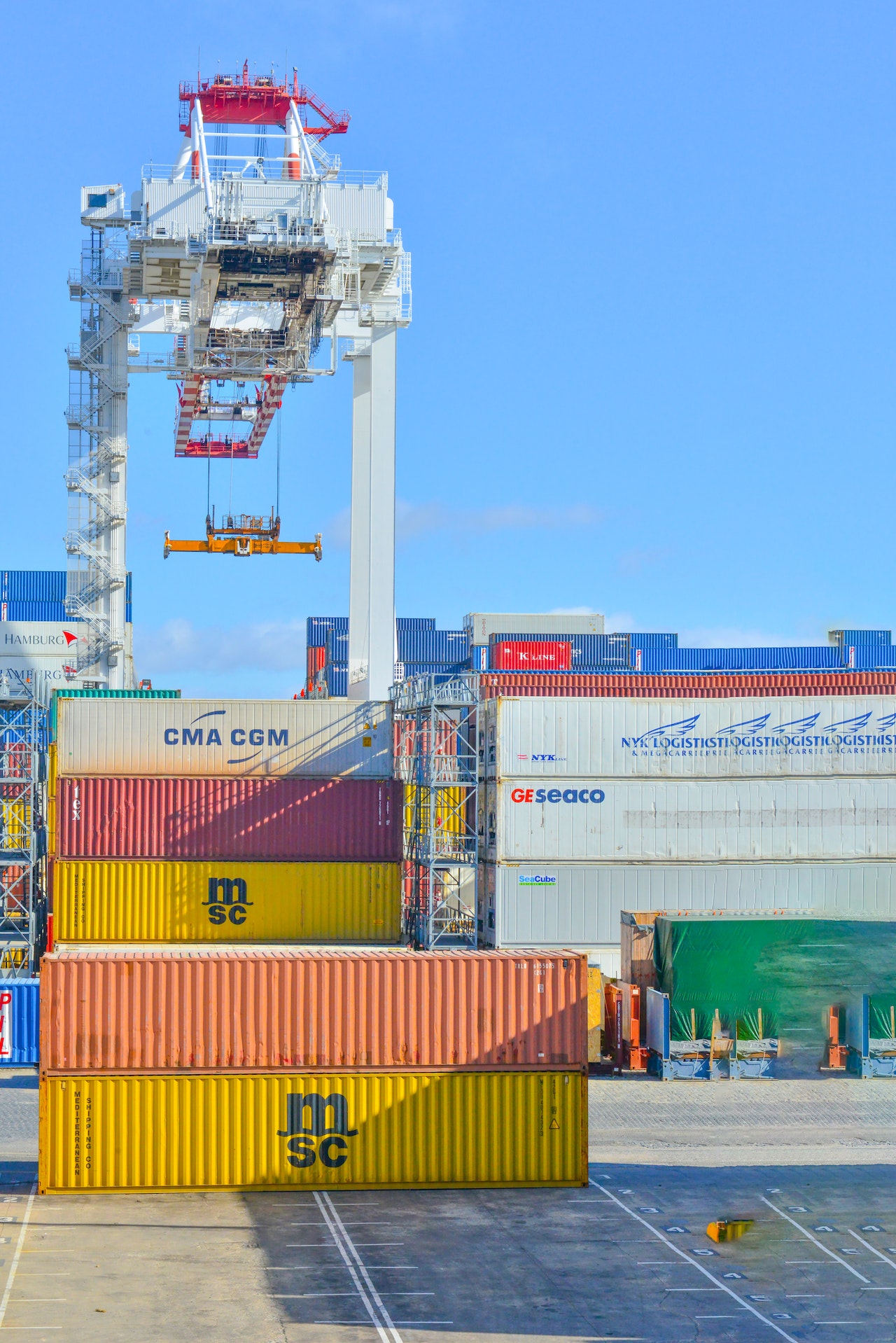Safety and security are paramount in intermodal transportation to ensure the reliable movement of goods and protect against potential risks and threats. In this article, we will explore the importance of safety and security measures in intermodal operations, along with best practices for enhancing protection throughout the supply chain.
Importance of Safety and Security:
- Risk Mitigation:
- Safety and security measures help mitigate risks such as accidents, cargo damage, theft, and terrorism, safeguarding both goods and personnel involved in intermodal operations.
- Proactive risk management minimizes disruptions and ensures the continuity of supply chain operations.
- Regulatory Compliance:
- Compliance with safety regulations and security protocols is essential for intermodal carriers, terminal operators, and other stakeholders to meet legal requirements and industry standards.
- Regulatory compliance fosters trust and confidence among shippers, carriers, and customers, enhancing the credibility and reputation of intermodal transportation providers.
Safety Best Practices:
- Training and Education:
- Comprehensive training programs for employees and personnel involved in intermodal operations promote safety awareness, hazard recognition, and adherence to safety procedures.
- Ongoing education and training initiatives ensure that personnel are equipped with the knowledge and skills necessary to respond effectively to safety risks and emergencies.
- Equipment Maintenance and Inspection:
- Regular maintenance and inspection of intermodal equipment such as containers, trailers, chassis, and handling machinery are essential to identify and address potential safety hazards and mechanical issues.
- Preventive maintenance programs and thorough equipment inspections help minimize the risk of equipment failures and accidents during freight handling and transportation.
Security Best Practices:
- Perimeter Security and Access Control:
- Implementing robust perimeter security measures and access control protocols at intermodal terminals and facilities restrict unauthorized access and mitigate the risk of theft, vandalism, and sabotage.
- Surveillance cameras, fencing, lighting, and security personnel enhance the physical security posture of intermodal facilities and deter criminal activities.
- Cargo Tracking and Monitoring:
- Utilizing advanced tracking and monitoring technologies such as GPS tracking devices, RFID tags, and electronic seals enhances the visibility and traceability of intermodal shipments.
- Real-time monitoring of cargo movements and location enables rapid response to security incidents and facilitates recovery efforts in the event of theft or loss.
Collaboration and Information Sharing:
- Partnerships with Law Enforcement and Regulatory Agencies:
- Collaborating with law enforcement agencies, regulatory authorities, and industry associations fosters information sharing, intelligence gathering, and coordinated efforts to address security threats and vulnerabilities.
- Partnerships enable intermodal stakeholders to stay informed about emerging risks, trends, and regulatory requirements, enhancing collective security efforts.
- Supply Chain Visibility and Transparency:
- Enhancing supply chain visibility and transparency through data sharing and collaboration among supply chain partners enables proactive risk management and security coordination.
- Leveraging technology platforms and data analytics facilitates real-time monitoring, analysis, and response to security events and anomalies across the supply chain.
Safety and security are integral components of intermodal transportation, ensuring the reliability, integrity, and resilience of supply chain operations. By prioritizing safety best practices, implementing robust security measures, and fostering collaboration and information sharing, intermodal stakeholders can mitigate risks, protect assets, and maintain the trust and confidence of customers and partners. Proactive risk management and continuous improvement efforts are essential for safeguarding intermodal operations against evolving threats and vulnerabilities in the dynamic landscape of global logistics and transportation.
